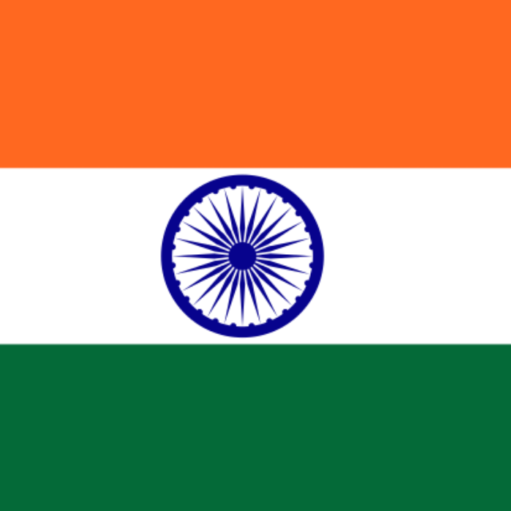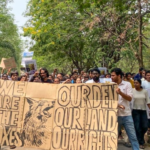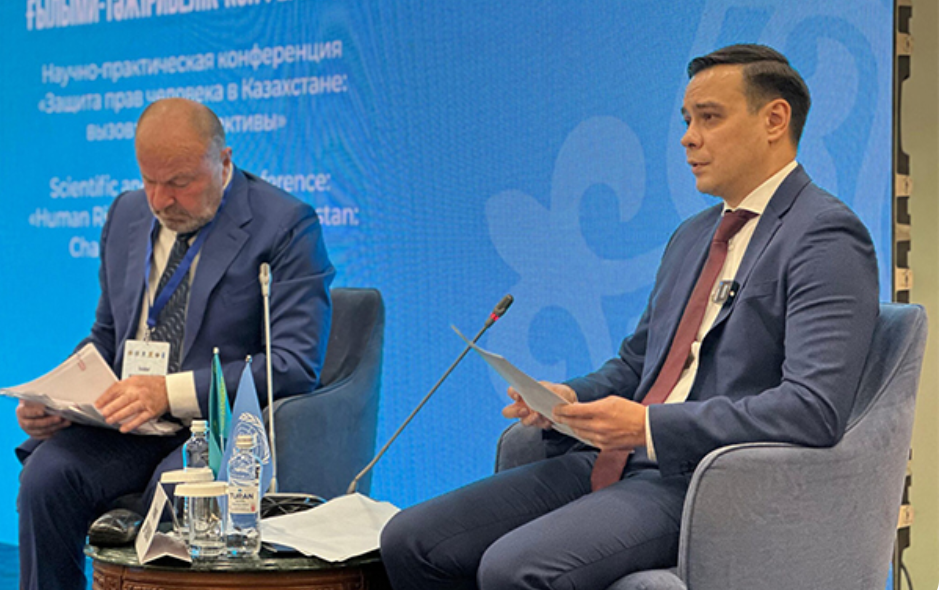
Kazakhstan’s Human Rights Record: Progress, Challenges, and the Path Forward
Kazakhstan, a country located in Central Asia, has made strides in various areas over the years. Yet, human rights remain a pressing concern. On Human Rights Day, the global community reflects on progress and challenges in nations worldwide, including Kazakhstan. This article explores the advancements Kazakhstan has reported in human rights, alongside the serious hurdles it continues to face.
Freedom of Speech and Expression
Restrictions on Media and Journalism
Kazakhstan’s media landscape faces significant restrictions. Journalists often encounter legal hurdles that limit their freedom. For instance, laws against extremism can be wielded against reporters or outlets showing dissent. According to the World Press Freedom Index, Kazakhstan ranks low—148th out of 180 countries. This ranking highlights the atmosphere of censorship, where critics are frequently silenced.
Online Censorship and Digital Rights
The Kazakhstan government actively controls internet access. Numerous websites and social media platforms are blocked, especially those that foster dissent. A report from Freedom House indicates that internet freedom in Kazakhstan is rated “not free.” With an increasing number of internet users, restrictions against online expression raise serious concerns about digital rights within the country.
Freedom of Assembly and Peaceful Protest
Protesting in Kazakhstan is fraught with risk. While laws allow for peaceful assembly, in practice, protests are often met with force. In recent years, demonstrators advocating for political reforms have faced suppression, including intimidation and arrest. High-profile protests, such as those in 2021, demonstrate the government’s harsh response to any form of dissent.
Political Participation and Civil Liberties
Fair Elections and Political Representation
Elections in Kazakhstan often lack transparency. Observers from international organizations, including the OSCE, have noted irregularities in the electoral processes. The representation of minorities and opposition candidates in parliament is minimal, raising questions about the democratic nature of the political system.
Political Prisoners and Human Rights Defenders
Political prisoners exist in Kazakhstan’s jails, with reports suggesting a growing number of individuals detained for expressing opposition to the government. Human rights activists face harassment, and many have been arrested or charged under vague laws. Current statistics estimate that over 100 political prisoners are currently imprisoned, highlighting a concerning trend.
Rule of Law and Judicial Independence
Kazakhstan’s legal system struggles with independence. Reports of government interference in court decisions undermine the rule of law. High-profile cases, including those against political opponents, often demonstrate judicial bias. The lack of legal protections leads to a culture where human rights are not adequately safeguarded.
Economic and Social Rights
Poverty and Inequality
Kazakhstan faces significant economic challenges, including poverty and income inequality. According to official statistics, about 10% of the population lives below the poverty line. The government has launched initiatives aimed at reducing these issues, yet tangible results remain elusive for many citizens.
Access to Healthcare and Education
Access to quality healthcare and education is another challenge. Marginalized communities, including ethnic minorities, often experience disparities in both sectors. The government does provide basic services, but many argue that improvements are essential to ensure that all citizens receive equal opportunities.
Labor Rights and Workers’ Protections
Workers’ rights in Kazakhstan are limited. Issues such as low wages, poor working conditions, and suppression of union activities are common. Statistics show an alarming increase in labor rights violations, indicating a need for stronger protections and reforms to support workers.
Religious Freedom and Minority Rights
Religious Freedom Practices and Restrictions
While Kazakhstan’s constitution guarantees religious freedom, in practice, religious minorities face systemic discrimination. Some religious groups encounter restrictions, including registration difficulties. Reports often highlight cases where believers have faced persecution or censorship.
Protection of Ethnic and National Minorities
Ethnic and national minorities in Kazakhstan endure challenges related to their rights. Language barriers and limited access to government services can create significant obstacles. Examples include social tension in areas where different ethnic groups reside, underscoring the need for improved protections.
LGBTQ+ Rights
LGBTQ+ rights in Kazakhstan remain precarious. There are no laws protecting against discrimination based on sexual orientation or gender identity. Societal attitudes often lead to harassment and violence against individuals in this community, making progress slow and challenging.
International Scrutiny and Cooperation
Engagement with International Human Rights Mechanisms
Kazakhstan has engaged with various international human rights mechanisms, appearing before the UN Human Rights Council. However, responses to the recommendations often lack genuine commitment to change.
Recommendations from International Organizations
International organizations have issued numerous recommendations for improving human rights in Kazakhstan. Key suggestions include increasing the protection of free speech, ensuring fair elections, and improving the situation for minorities.
Government Response to International Criticism
The government often dismisses international criticism and frames it as interference in domestic affairs. This reaction highlights a reluctance to acknowledge the severity of human rights challenges within the country.
Conclusion
Kazakhstan’s human rights landscape reflects both progress and ongoing challenges. While strides have been made in certain areas, fundamental issues persist, necessitating urgent attention. A path forward involves commitment from both the government and civil society. Ensuring basic freedoms, fostering inclusivity, and promoting respect for human dignity will be critical steps toward meaningful improvement in the country’s human rights situation. The international community must also play an active role in urging Kazakhstan to take necessary actions for its citizens.
Cillian Murphy’s Shocking Transformation in 28 Days Later: A Deep Dive











